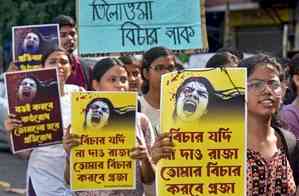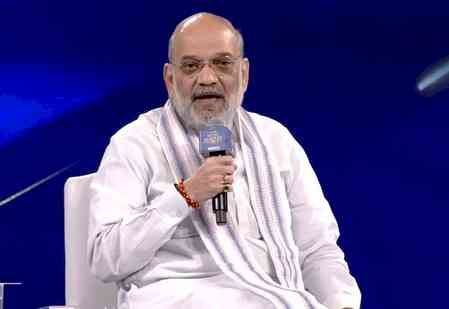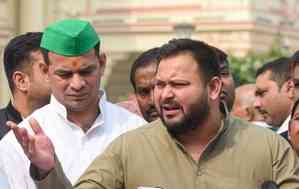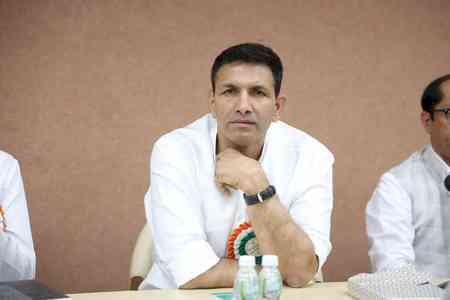Retired SC judge demands inclusion of Bengal CM in RG Kar case probe
Retired Supreme Court judge Justice Asok Kumar Ganguly on Saturday demanded the inclusion of West Bengal Chief Minister Mamata Banerjee within the ambit of investigation in the cases related to the state-run R.G. Kar Medical College and Hospital in Kolkata where a junior doctor became a victim of rape and murder last month.

Kolkata, Sep 7 (IANS) Retired Supreme Court judge Justice Asok Kumar Ganguly on Saturday demanded the inclusion of West Bengal Chief Minister Mamata Banerjee within the ambit of investigation in the cases related to the state-run R.G. Kar Medical College and Hospital in Kolkata where a junior doctor became a victim of rape and murder last month.
Speaking at a protest programme at Shyambazar five-point crossing, which is quite close to R.G. Kar, on behalf of an organization Amra Akranta (We are under attack), Justice Ganguly said that several pieces of evidence have been ''tampered with or destroyed'' in the junior doctor's rape and murder case.
''There had been attempts to offer money to the family members of the victim so that they did not open their mouths. This is a criminal offence. So in order to steer the investigation in the right direction there is a need for interrogation of the Chief Minister who is also the state police minister and the state health ministry,'' he said.
Meanwhile, protest marches by different organisations have continued in different pockets of the city on Saturday as well. The prominent among those marches was the one brought out by Durga Vahini, the women’s wing of Vishva Hindu Parishad in the city.
West Bengal Junior Doctors Forum has announced a unique protest programme throughout the state on Sunday, that is a day before the crucial hearing on the matter in the Supreme Court where the CBI is supposed to submit its progress report of the investigation into the rape and murder case.
Junior doctors will be running “mobile clinics” in different districts of the state in memory of the victim. Along with clinics, they will also organise “open public courts” where common people will be able to give their opinions on the ongoing protest movements.


 IANS
IANS 








